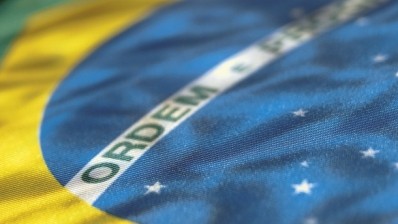Should Avon execs have accepted the Coty bid?
Coty made an unsolicited bid for Avon at $23.25 per share, which represented a significant premium on Avon’s average share price in the last three months and essentially valued the company at $10bn.
Last Friday, when the bid was made, shares were trading at under $20, underlining the premium that Coty was prepared to pay for the business going on its current market value, but Avon said that the offer underestimated the true market value of the business.
According to Coty, it had made three private offers for the business during the course of March, that were all rejected by chairman Andrea Jung, and had first bid $22.25 a share, before it raised the stakes with the final offer and went public with it on Monday.
Lowest ever bid for a cosmetics company
Statistics compiled by Bloomberg show that Coty’s offer is the lowest ever takeover bid for a comestic company, in relation to its sales and earnings.
But analysts believe the bid is low for a reason. Currently Avon is fending off executive corruption charges in China, searching for a new CEO to replace Jung and weathering tough economic conditions in its mainstay US market.
On top of this, there is another important element that makes Avon a difficult fit in an investment portfolio: the fact that the company is a direct sales business.
According to Rommel Dionsio, an investment analyst at Wedbush Securities, the fact that it has a direct sales model makes it an awkward fit for most other potential investment suitors, including big names such as Procter & Gamble.
Direct sales model is a difficult fit
No other major cosmetics or personal care company has chosen a direct sales model for their business, which means the prospect of buying into Avon represents limited scope for synergies or integration into existing business models.
In the meantime, Avon’s official word on the buy-out speculation is that it is currently focused on finding a new CEO to head up the company and implementing a restructuring program that will help turn around the company’s fortunes.
Indicative of the tougher times the company has been experiencing lately, Avon confirmed yesterday that Jung’s earning in 2011 fell by 23 percent, from $13.2m in 2010, to reach $10.1m this year, on top a base salary of $1.37m, which remained unchanged from the previous year.







